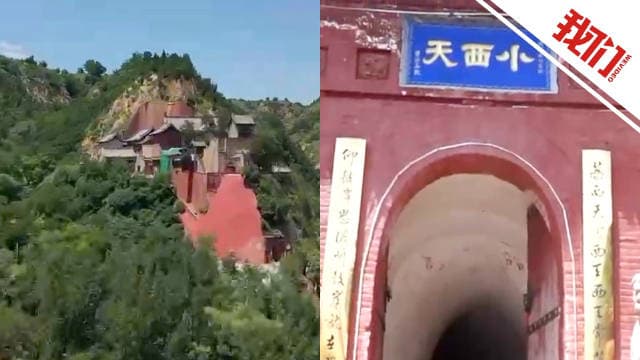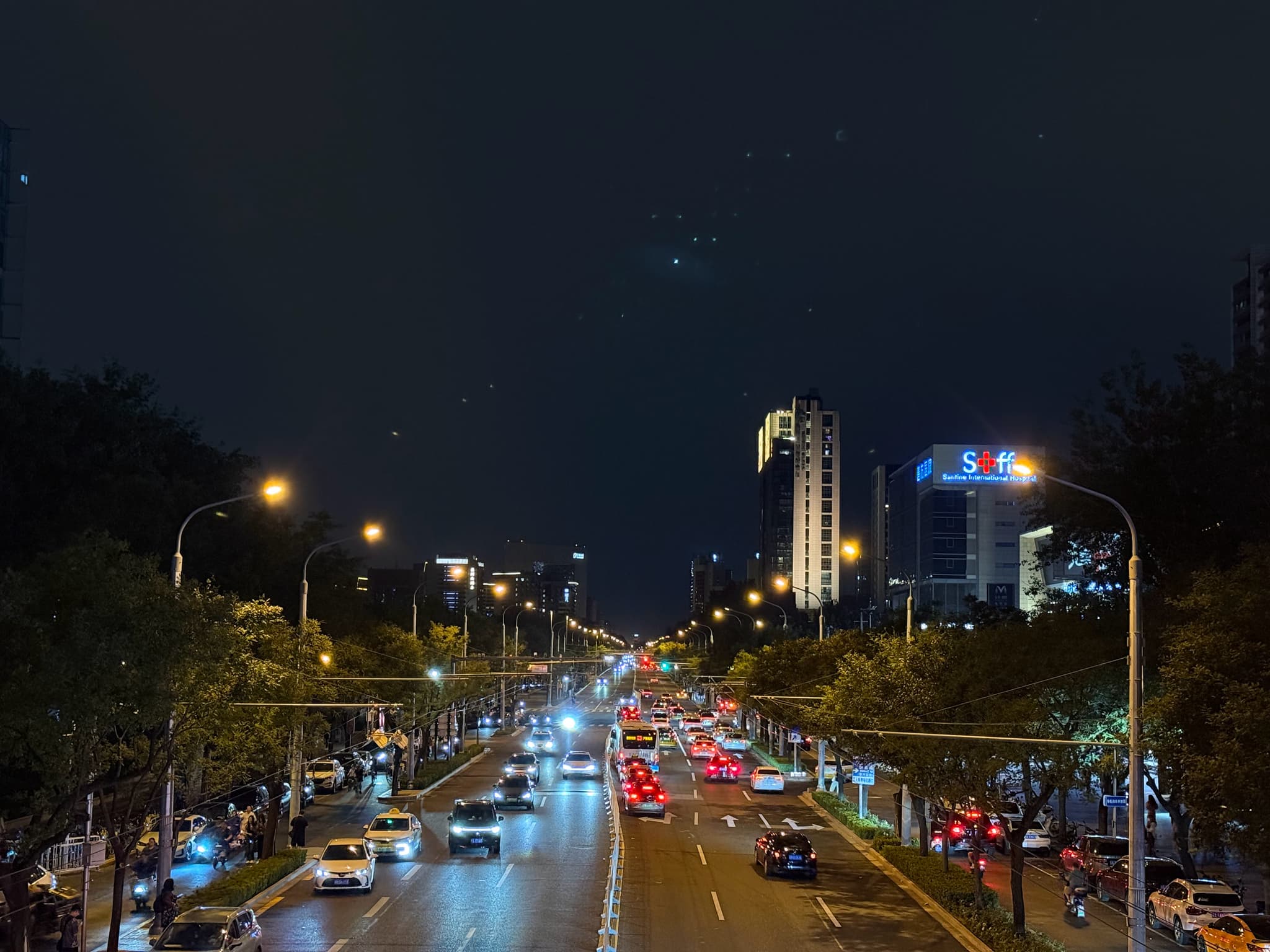Leveling Up Tourism: 'Black Myth: Wukong' Boosts Shanxi's Economy and Cultural Heritage
A surge in tourism has been triggered in Shanxi, China, following the release of a popular video game, "Black Myth: Wukong", which has drawn attention to the region's scenic spots. The game's success has led to a significant increase in ticket sales at local tourist attractions, with one site, Xixiantian (West Heaven) Scenic Area, reporting a 300% increase in ticket sales on August 20th compared to the same day last year.

22 August 2024
According to staff at Xixiantian Scenic Area, the sudden influx of visitors has been overwhelming, and the site is now planning to upgrade its ticketing system to accommodate the increased demand. Moreover, the scenic area will incorporate the game's content into its guided tours, providing visitors with a more immersive experience.
Xixiantian Scenic Area, a Buddhist temple and a key cultural heritage site, has been featured prominently in the game. Its stunning architecture, intricate carvings, and elaborate paintings have captivated gamers and inspired them to visit the site in person.
Weibo netizens have been enthusiastic about the game's success, with many expressing pride in the fact that "Black Myth: Wukong" is a Chinese production that has gained international recognition. One user (@海那个角) wrote: "Why is it popular? Because it's our own Chinese 3A masterpiece! It took 14 years to produce, breaking the foreign monopoly, and it's a real cultural export! This monkey has saved Chinese movies, saved Chinese animation, and now it's saving Chinese gaming!"
Others have noted the positive impact of the game on Shanxi's economy, with one user (@真没有想到) commenting: "I didn't expect the game's influence to be so great. It has boosted Shanxi's economy, and the scenic area's ticket sales have tripled. I hope they can seize this opportunity and provide a better experience for tourists."
However, not all comments have been positive. Some Weibo users have expressed concerns about the potential for overcrowding and price gouging at tourist attractions. User (@山西文旅) cautioned: "Shanxi's tourism industry, please seize this opportunity, but make sure to provide good service and don't overcharge! The game is like a free promotional video for you, so please do a good job with the supporting services."
As the game continues to attract attention, it remains to be seen how the local tourism industry will respond to the surge in demand. Meanwhile, netizens are eagerly sharing their experiences and photos of their visits to the scenic areas featured in the game, generating a buzz around the country's cultural heritage and the game's impact on China's gaming industry.
One user (@新京报我们视频) shared a video of the breathtaking scenery at Xixiantian Scenic Area, highlighting its stunning architecture and beautiful gardens. Another user (@罗伟伟) uploaded a video showcasing the intricate carvings and statues found at the site, demonstrating the level of craftsmanship and artistry that has gone into creating this cultural treasure.
The game's influence extends beyond the gaming community, as it has now become a cultural phenomenon that is bringing attention to China's rich history and cultural heritage. The sudden boost in tourism has brought economic benefits to the region, and it remains to be seen how the local tourism industry will capitalize on this trend.
The success of "Black Myth: Wukong" serves as a testament to the growing influence of China's gaming industry, which is increasingly making its mark on the global stage. As the game continues to attract attention, it is likely that we will see more collaborations between the gaming industry and the tourism sector, promoting China's cultural heritage and showcasing its natural beauty to a wider audience.

